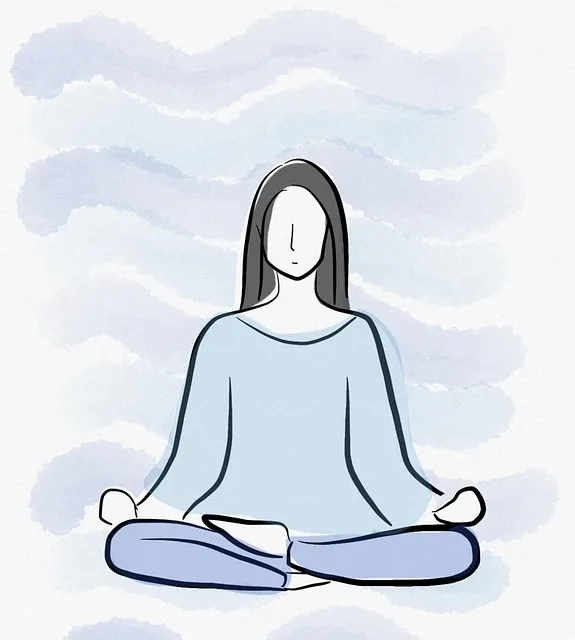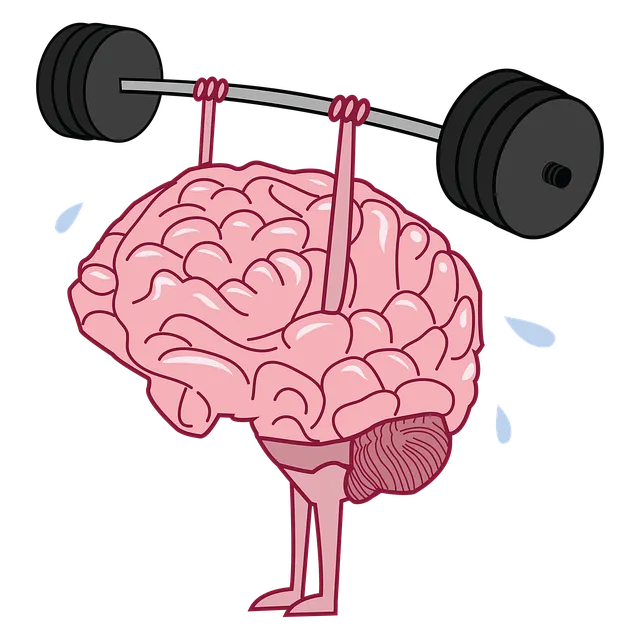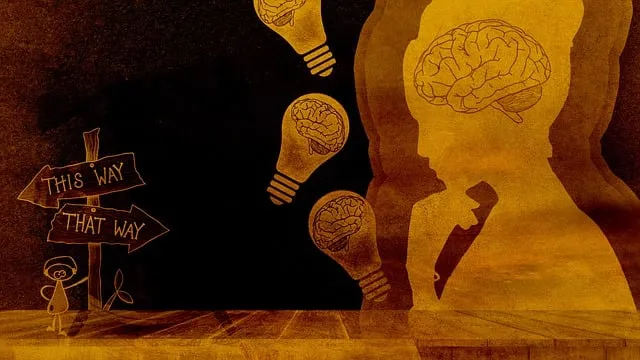At Colorado Springs Kaiser Permanente's mental health access center, safe space creation is paramount for successful mental wellness groups. Clear boundaries, confidentiality, and non-judgmental attitudes encourage open dialogue and emotional sharing among participants. Facilitators actively listen, validate emotions, and demonstrate self-care, while conflict resolution strategies manage group dynamics. Stress management workshops and peer support empower members, fostering meaningful connections, active participation, and effective mental wellness interventions within a supportive framework.
In today’s digital era, mental wellness groups facilitated by skilled professionals play a pivotal role in fostering resilience and community. This guide explores proven techniques employed at the Colorado Springs Kaiser Permanente Mental Health Access Center to create safe, supportive environments where individuals can thrive. From establishing ground rules and promoting open communication to encouraging participation and managing challenging dynamics, these strategies empower facilitators to guide groups effectively, enhancing mental health outcomes for all members.
- Establishing a Safe and Supportive Environment
- – Creating ground rules for group sessions
- – Techniques for building trust and fostering open communication
Establishing a Safe and Supportive Environment

Creating a safe and supportive environment is paramount when facilitating mental wellness groups at Colorado Springs Kaiser Permanente’s mental health access center. This begins with establishing clear boundaries, ensuring confidentiality, and fostering an atmosphere of non-judgment. The space should encourage open dialogue, allowing participants to share their experiences without fear of criticism or repercussions. Facilitators can promote this by actively listening, validating emotions, and modeling self-care practices during sessions.
Utilizing techniques like conflict resolution strategies can help manage dynamic within the group, ensuring everyone feels heard and respected. By incorporating stress management workshops and encouraging peer support, the environment becomes one of mutual understanding and empowerment. This supportive framework facilitates meaningful connections, encourages active participation, and paves the way for effective mental wellness interventions.
– Creating ground rules for group sessions

In facilitating mental wellness groups at the Colorado Springs Kaiser Permanente mental health access center, establishing clear ground rules is paramount to fostering a safe and supportive environment. These rules should be co-created with the group members to ensure they are inclusive, respectful, and reflective of everyone’s needs. Some essential ground rules include encouraging active participation, maintaining confidentiality, promoting positive communication, and respecting individual boundaries. By setting these expectations from the outset, facilitators can help participants feel secure and more likely to engage openly in discussions around sensitive topics related to mental health and self-esteem improvement.
The process of designing and implementing ground rules is also an opportunity to introduce elements that will enhance the overall Mental Health Education Programs or Mental Wellness Coaching Programs Development. For instance, rules could emphasize the importance of active listening, empathy, and non-judgmental attitudes—key components in effective coaching strategies. This dual approach not only creates a harmonious group dynamic but also aligns with best practices in mental wellness support, ultimately enriching the experience at the Colorado Springs Kaiser Permanente facility.
– Techniques for building trust and fostering open communication

Building trust is a cornerstone of effective group facilitation, especially when addressing mental wellness issues at centers like the Colorado Springs Kaiser Permanente mental health access center. Techniques such as active listening and empathetic communication foster an environment where participants feel heard and respected. Facilitators should encourage open dialogue by creating safe spaces for sharing experiences, using anonymous feedback mechanisms, and modeling vulnerability themselves. This not only enhances trust but also promotes cultural sensitivity in mental healthcare practice, allowing individuals from diverse backgrounds to express their unique perspectives.
In addition to these practices, integrating Mental Wellness Coaching Programs Development can further strengthen group dynamics. Coaches can guide members through personal goals, help them navigate challenges, and offer strategies tailored to individual needs. Similarly, producing a Mental Wellness Podcast Series can provide an additional platform for sharing insights, normalizing mental health discussions, and reaching a broader audience within the community. These approaches collectively contribute to a supportive ecosystem where open communication thrives, ultimately enhancing the overall effectiveness of group facilitation techniques.
Group facilitation techniques are powerful tools in enhancing mental wellness, as demonstrated by practices at the Colorado Springs Kaiser Permanente mental health access center. By establishing a safe and supportive environment through clear ground rules and trust-building exercises, facilitators encourage open communication among participants. This not only improves individual well-being but also fosters a sense of community, making group sessions a transformative experience for all involved.






